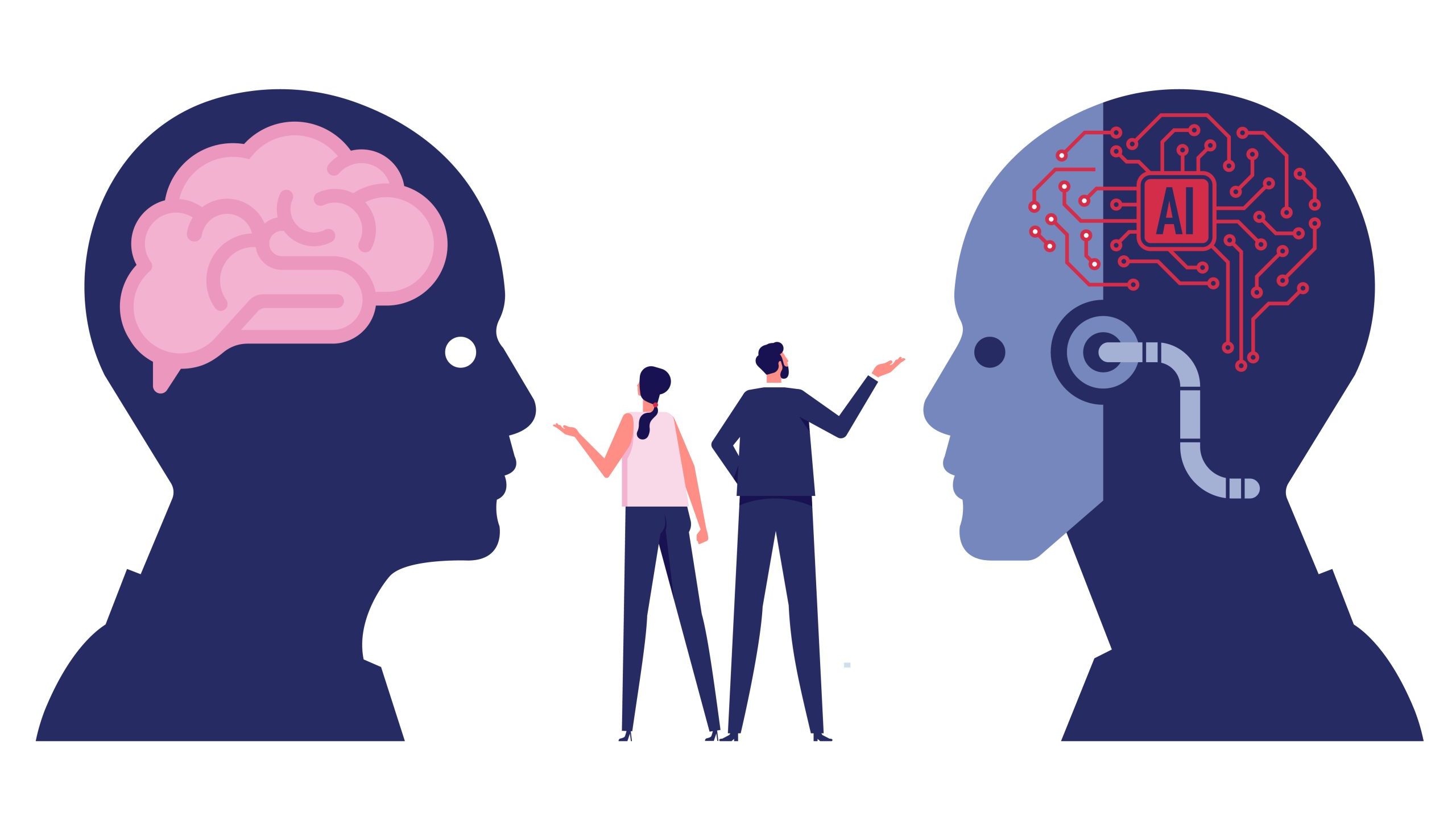In a new study published in the European Heart Journal, researchers reported the successful development and validation of a medical artificial intelligence (AI) model that screens for cardiac amyloidosis, a progressive and irreversible type of heart disease.
The results showed that the AI tool is highly accurate, outperforming existing methods and potentially enabling earlier, more accurate diagnoses so patients can benefit from getting the right treatment sooner.
What is cardiac amyloidosis?
Cardiac amyloidosis is a heart condition in which abnormal proteins build up in the heart muscle, making it stiff and impairing its ability to pump blood. Multiple life-prolonging drug treatments for this condition have recently become available, but without early diagnosis, physicians miss out on opportunities to extend patients' survival and quality of life.
Unfortunately, cardiac amyloidosis can be challenging to diagnose, because it's often difficult to distinguish from other heart issues without a burdensome amount of testing."
Jeremy Slivnick, MD, co-lead author, cardiologist, University of Chicago Medicine
Developing AI for cardiology
The AI model was developed by researchers at the Mayo Clinic and Ultromics, Ltd., an AI echocardiography company. They trained a neural network to detect cardiac amyloidosis using routine heart ultrasound images, known as echocardiograms.
The resulting AI model can analyze a single echocardiogram video of the heart's apical four-chamber view to quickly detect cardiac amyloidosis and differentiate it from other similar heart conditions.
UChicago Medicine joined 17 other hospitals worldwide to validate and test the algorithm's results in a large and multiethnic patient population. They found that the AI tool demonstrated an accuracy rate of 85% for correctly identifying patients with cardiac amyloidosis and 93% for correctly ruling it out. This efficacy held true across multiple types of cardiac amyloidosis in diverse populations.
In their analysis, Slivnick and his colleagues compared the AI model to existing clinical scoring methods commonly used to detect cardiac amyloidosis. Their results showed that it significantly outperformed these traditional approaches, making it easier for doctors to decide who needs advanced imaging tests or further evaluation.
"It was exciting to confirm that artificial intelligence can give clinicians reliable information to augment their expert decision-making process," Slivnick said. "Since the new treatments for cardiac amyloidosis are most effective in early stages of the disease, it's critical that we leverage every tool at our disposal to diagnose it as soon as possible."
Bringing AI into the clinic
The AI model is FDA-cleared and already being implemented at multiple hospitals across the country, and the researchers hope its use will ultimately become widespread in routine cardiac care.
"This AI model provides a practical solution," Slivnick said. "Because it automatically analyzes a common echocardiogram view, it can easily integrate into everyday clinical practice without causing hassle or sacrificing diagnostic accuracy."
Source:
Journal reference:
Slivnick, J. A., et al. (2025). Cardiac amyloidosis detection from a single echocardiographic video clip: a novel artificial intelligence-based screening tool. European Heart Journal. doi.org/10.1093/eurheartj/ehaf387.









 English (US) ·
English (US) ·